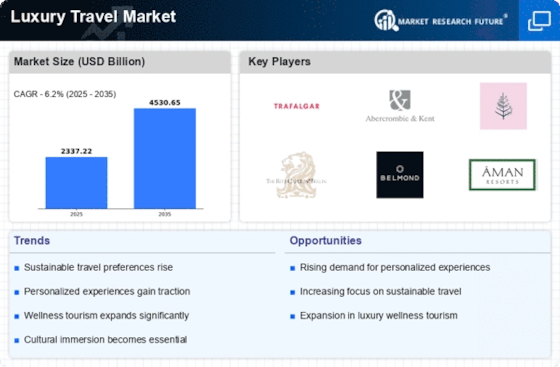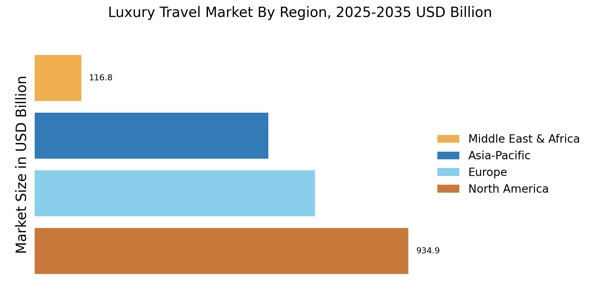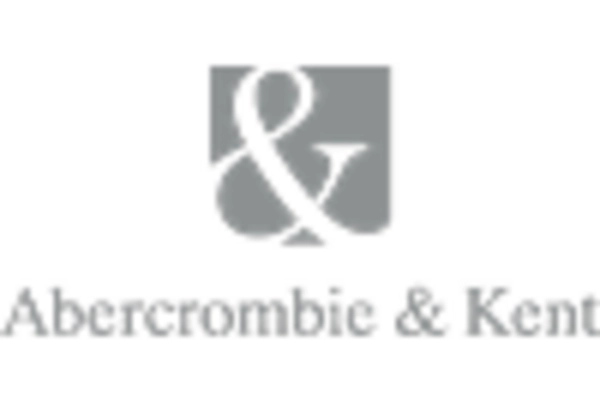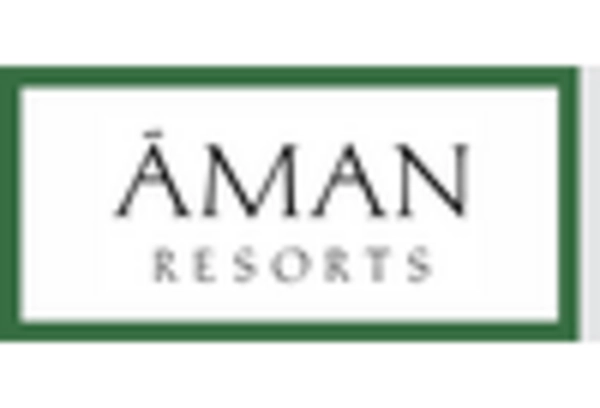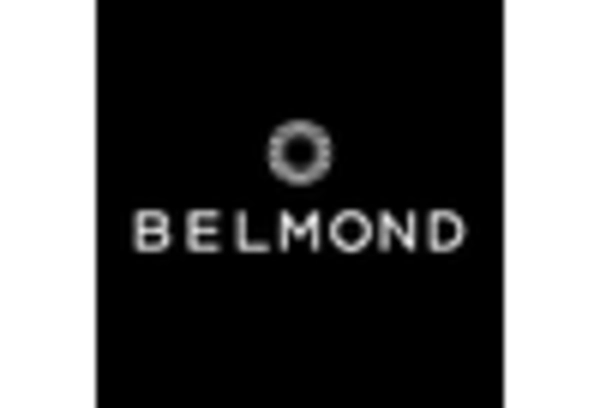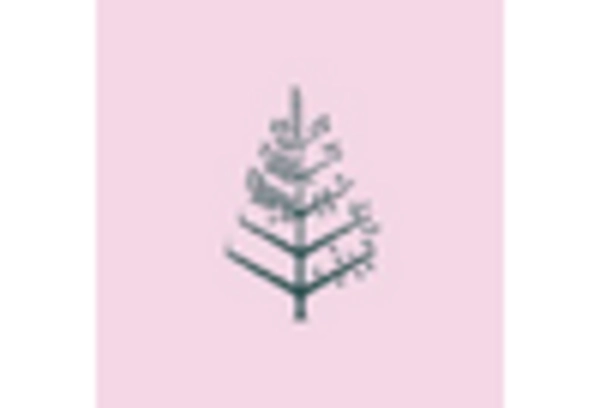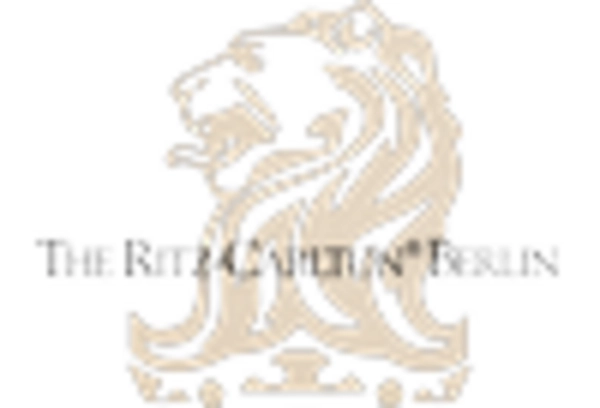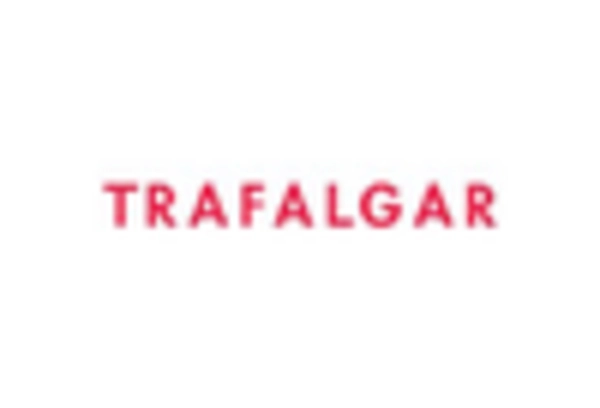Health and Wellness Focus
The focus on health and wellness is a prominent driver in the luxury travel Market. As consumers become more health-conscious, there is a growing demand for travel experiences that promote well-being and relaxation. Luxury travel providers are responding by offering wellness retreats, spa experiences, and holistic health programs that cater to this trend. Data suggests that wellness tourism is a rapidly growing segment, with many luxury travelers prioritizing their physical and mental health during their journeys. This emphasis on wellness not only enhances the travel experience but also aligns with the broader societal shift towards healthier lifestyles. As the Luxury Travel Market continues to evolve, the integration of health and wellness offerings is likely to become a standard expectation among discerning travelers.
Rising Disposable Incomes
The Luxury Travel Market appears to be significantly influenced by the increasing disposable incomes of affluent consumers. As wealth distribution continues to evolve, a growing segment of the population is entering the upper-middle and high-income brackets. This trend is particularly evident in emerging economies, where the number of high-net-worth individuals is on the rise. According to recent data, the number of millionaires has increased substantially, leading to a greater demand for luxury travel experiences. This demographic shift suggests that more individuals are willing to invest in exclusive travel options, thereby propelling the Luxury Travel Market forward. The willingness to spend on unique and personalized experiences indicates a robust potential for growth in this sector.
Experiential Travel Demand
The Luxury Travel Market is witnessing a notable shift towards experiential travel, where consumers seek immersive and authentic experiences rather than traditional sightseeing. This trend reflects a broader desire for meaningful connections and personal growth during travel. Data suggests that luxury travelers are increasingly interested in activities that allow them to engage with local cultures, cuisines, and communities. This demand for unique experiences is driving luxury travel providers to curate bespoke itineraries that cater to these preferences. As a result, the Luxury Travel Market is evolving to offer more personalized and enriching travel options, which may include culinary tours, adventure activities, and cultural exchanges. This focus on experiential travel is likely to continue shaping the industry, as consumers prioritize experiences that resonate with their values and interests.
Sustainability Initiatives
Sustainability initiatives are becoming increasingly important within the Luxury Travel Market. As awareness of environmental issues grows, luxury travelers are more inclined to choose eco-friendly options that align with their values. This shift is prompting luxury travel providers to adopt sustainable practices, such as reducing carbon footprints, supporting local communities, and promoting conservation efforts. Data indicates that a significant portion of luxury travelers is willing to pay a premium for sustainable travel experiences, suggesting that the Luxury Travel Market must adapt to this demand. By integrating sustainability into their offerings, luxury brands can not only attract environmentally conscious consumers but also enhance their brand reputation. This trend towards sustainability is likely to shape the future of luxury travel, as consumers increasingly seek responsible travel options.
Technological Advancements
Technological advancements play a pivotal role in shaping the Luxury Travel Market. Innovations in travel technology, such as mobile applications, artificial intelligence, and virtual reality, enhance the overall travel experience for consumers. These technologies facilitate personalized services, streamline booking processes, and provide real-time information, which are increasingly expected by luxury travelers. Furthermore, the integration of smart technologies in accommodations and transportation options elevates the level of comfort and convenience. Data indicates that a significant percentage of luxury travelers prioritize technology-driven experiences, suggesting that the Luxury Travel Market must adapt to these evolving preferences. As technology continues to advance, it is likely to further transform the landscape of luxury travel, creating new opportunities for service providers.


